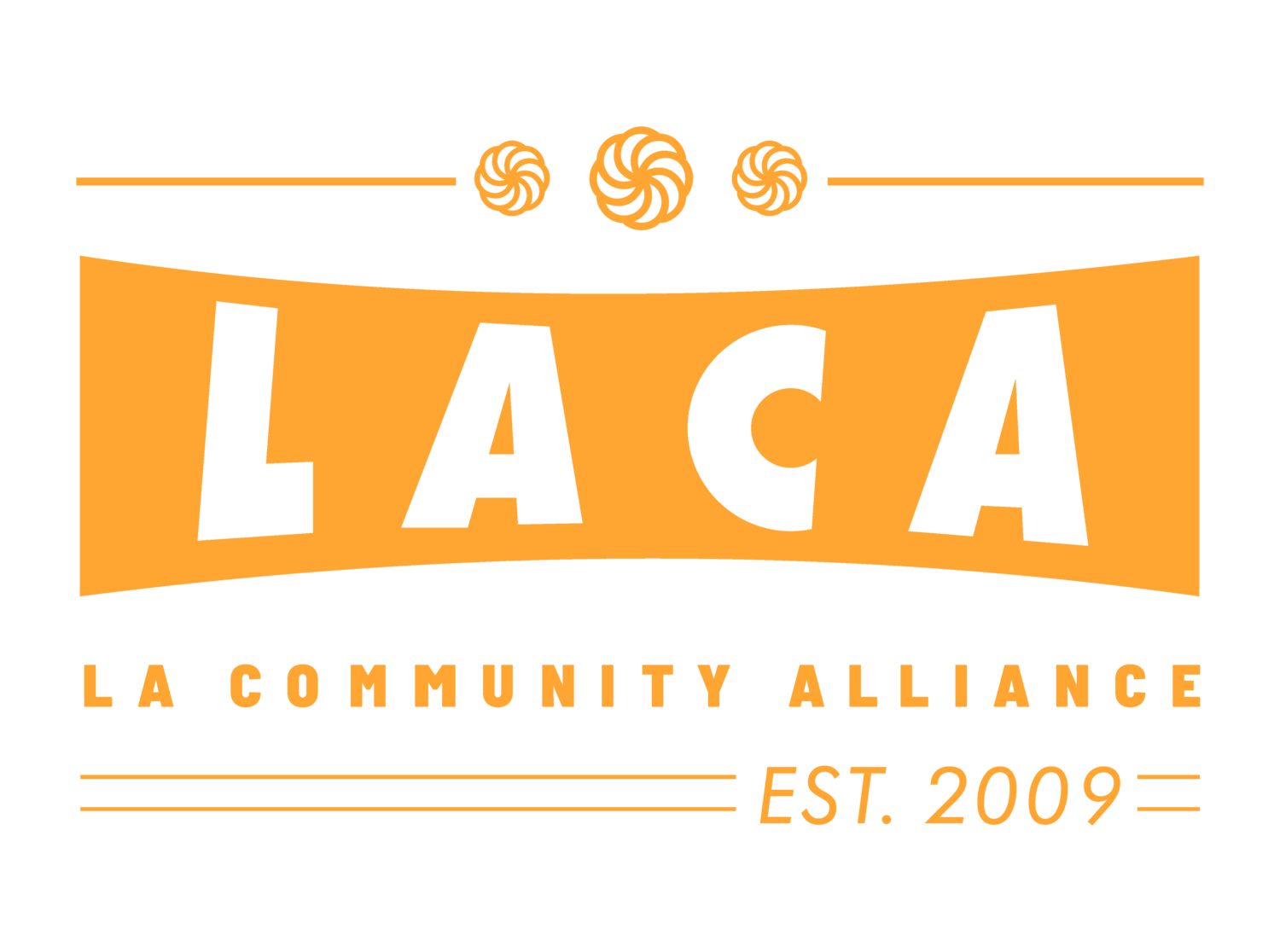Getting Money for School
The federal government provides grants for students attending college or career school. Most types of grants, unlike loans, are sources of free money that generally do not have to be repaid.
Grants can come from the federal government, your state government, your college, or career school, or a private or nonprofit organization. Do your research, apply for any grants you might be eligible for, and be sure to meet application deadlines!
The U.S. Department of Education offers a variety of federal grants to students attending four-year colleges or universities, community colleges, and career schools.
Check out the grant programs for more details and to learn how to apply:
Federal Pell Grants: Federal Pell Grants usually are awarded only to undergraduate students who display exceptional financial need and have not earned a bachelor's, graduate, or professional degree.
How do I apply?
You should start by submitting a Free Application for Federal Student Aid (FAFSA®) form. You will have to fill out the FAFSA form every year you’re in school in order to stay eligible for federal student aid. It is important to apply as early as possible and be mindful of the deadlines.
How much money can I get?
Amounts can change yearly. The maximum Federal Pell Grant award is $6,495 for the 2021–22 award year (July 1, 2021, to June 30, 2022).
The amount you get, though, will depend on your Expected Family Contribution, cost of attendance determined by your school for your specific program, your status as a full-time or part-time student, and your plans to attend school for a full academic year or less.
Scholarships
Find and apply for as many scholarships as you can—it’s free money for college or career school!
Start researching early, and meet deadlines, and you may be on your way to scholarship success. Scholarships are gifts. They don't need to be repaid. There are thousands of them, offered by schools, employers, individuals, private companies, nonprofits, communities, religious groups, and professional and social organizations.
A scholarship might cover the entire cost of your tuition, or it might be a one-time award of a few hundred dollars. Either way, it’s worth applying for, because it’ll help reduce the cost of your education.
How do I find scholarships?
You can learn about scholarships in several ways, including contacting the financial aid office at the school you plan to attend and checking information in a public library or online.
Check out the U.S. Department of Labor’s scholarship tool - https://www.careeronestop.org/toolkit/training/find-scholarships.aspx
Federal Supplemental Educational Opportunity Grants (FSEOG)
The FSEOG program is administered directly by the financial aid office at each participating school. Not all schools participate. Check with your school's financial aid office to find out if the school offers the FSEOG. Not all schools will tell you that this money is available, so make sure to ask about this grant because it can yield up to $4000 for your education. The FSEOG does not need to be repaid, except under certain circumstances. Find out why you might have to repay all or part of a federal grant.
Iraq and Afghanistan Service Grants
If your parent or guardian died as a result of military service in Iraq or Afghanistan, you may be eligible for an Iraq and Afghanistan Service Grant.
Like other federal grants, Iraq and Afghanistan Service Grants provide money to college or career school students to help pay their education expenses. However, Iraq and Afghanistan Service Grants have special eligibility criteria.
Who can get an Iraq and Afghanistan Service Grant?
You may be eligible to receive the Iraq and Afghanistan Service Grant if you are not eligible for a Federal Pell Grant on the basis of your Expected Family Contribution but meet the remaining Federal Pell Grant eligibility requirements, and your parent or guardian was a member of the U.S. armed forces and died as a result of military service performed in Iraq or Afghanistan after the events of 9/11, and you were under 24 years old or enrolled in college at least part-time at the time of your parent’s or guardian’s death.
Still Have questions and financial aid resources? Contact or visit the following:
• visit a school’s financial aid office
• email: studentaid@ed.gov
• 1-800-4-FED-AID (1-800-433-3243)
BEWARE: Learn How To Protect Yourself From Scholarship Scams; types of scholarship scams, how to spot and avoid scams and how to report scholarship scams.

